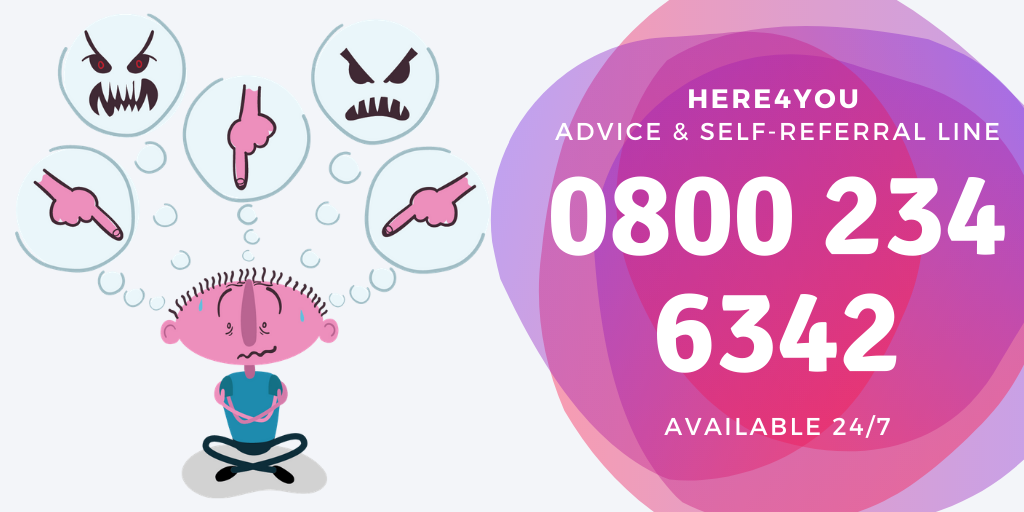Supporting the emotional and mental health of children and young people is everybody's business, and everybody has a part to play to help young people not only cope with stressors associated with adolescence, but to thrive and feel hopeful about their future.
We hope that some of the resource and links featured on this page will help you consider what you can do, and think about when more specialist support may be required.
Take a look at our 'Self Help' page for links to helpful resources and emotional-wellbeing information you can signpost young people to.
Toolkit for communicating with young people
We worked closely with young people to develop a guide on how to communicate and engage young people who are experiencing upset or distress.
It covers things to consider when communicating and engaging young people in need. For example, what young people want you to know.
This guide was originally developed for professionals working within an acute setting. We believe this guide is applicable for any professional working with young people.
To accompany this toolkit, we made a short video which includes young people talking about their experiences of accessing A&E whilst in crisis. Visit our youtube video to watch this training video >>
“The toolkit is a good resource to support our pupils in school.”
“There are lots of strategies and information that can be used in school with the children but you can also pass on to parents as well."
“Incredibly useful! The mood diaries have been a really positive way of sharing information between home and school. The Five Areas Model has strengthened my own practice when supporting children. The interaction with children using this tool has seen children changing their mind-set to a more positive approach."
Things to consider when communicating and engaging young people in need
This information is based on the lived experience and suggestions of young people/young adults, along with some of their parent/carers, who have experienced high levels of psychological distress and accessed crisis support. However, we believe the advice is transferrable to any professional working with young people. This is especially helpful where you or a young person identify they need extra support with their emotional wellbeing.
Need specific advice?
As a professional, if you wanted some advice and guidance around how to support a young person you are working with, please contact our Children and Young People's Access Team via the Lincolnshire Here4You Line
0800 234 6342
Available 24/7


